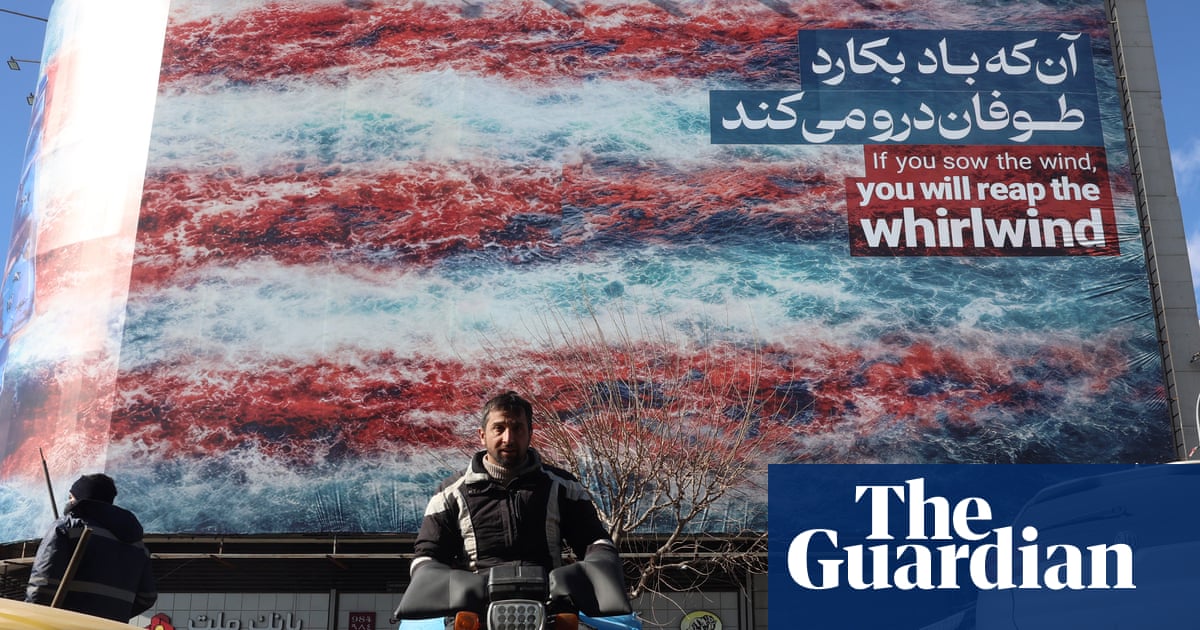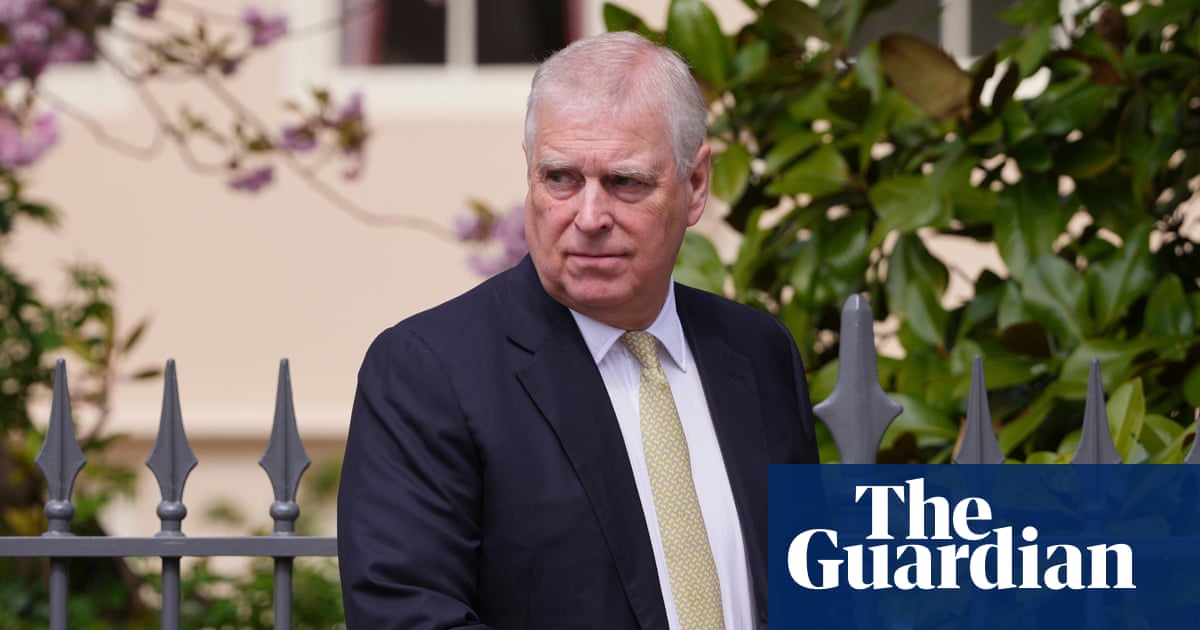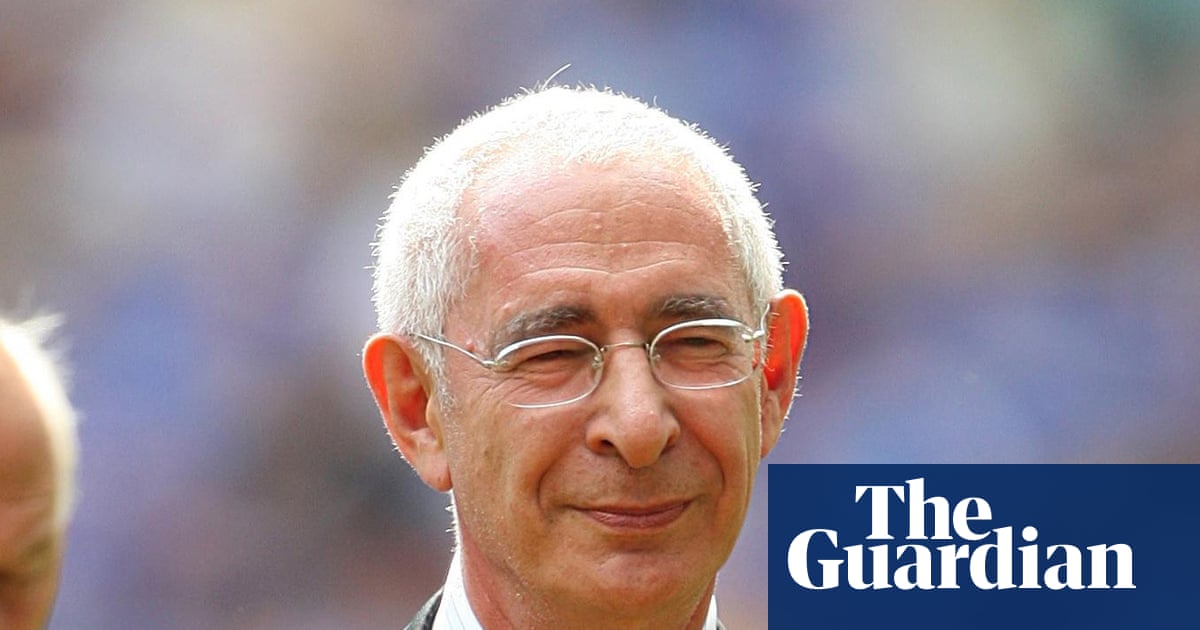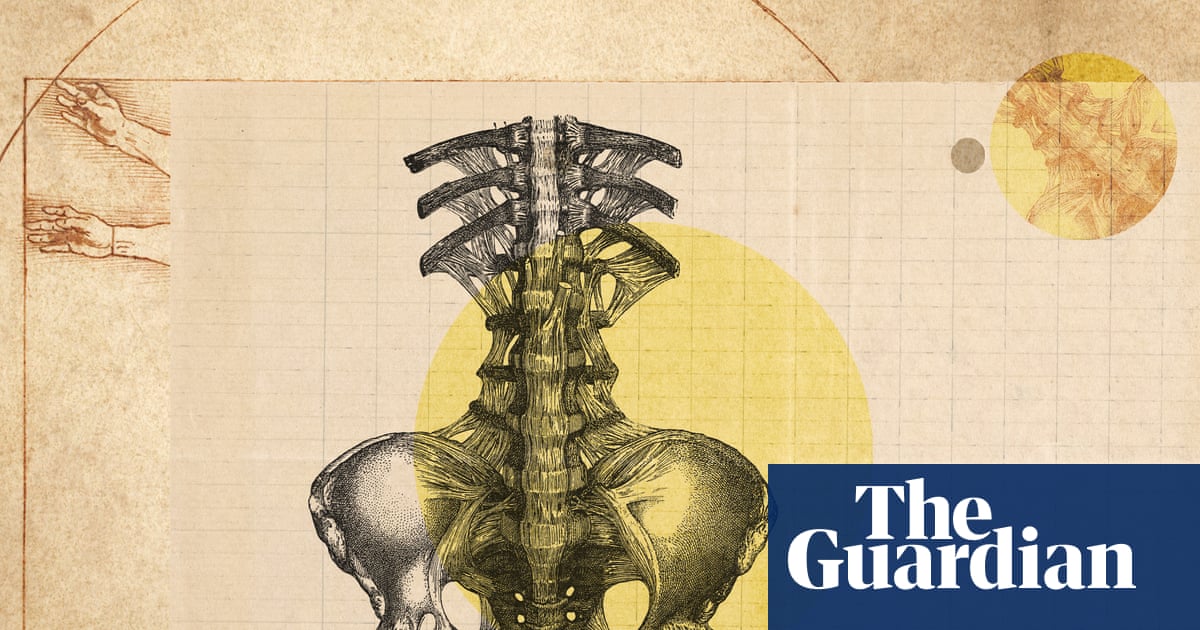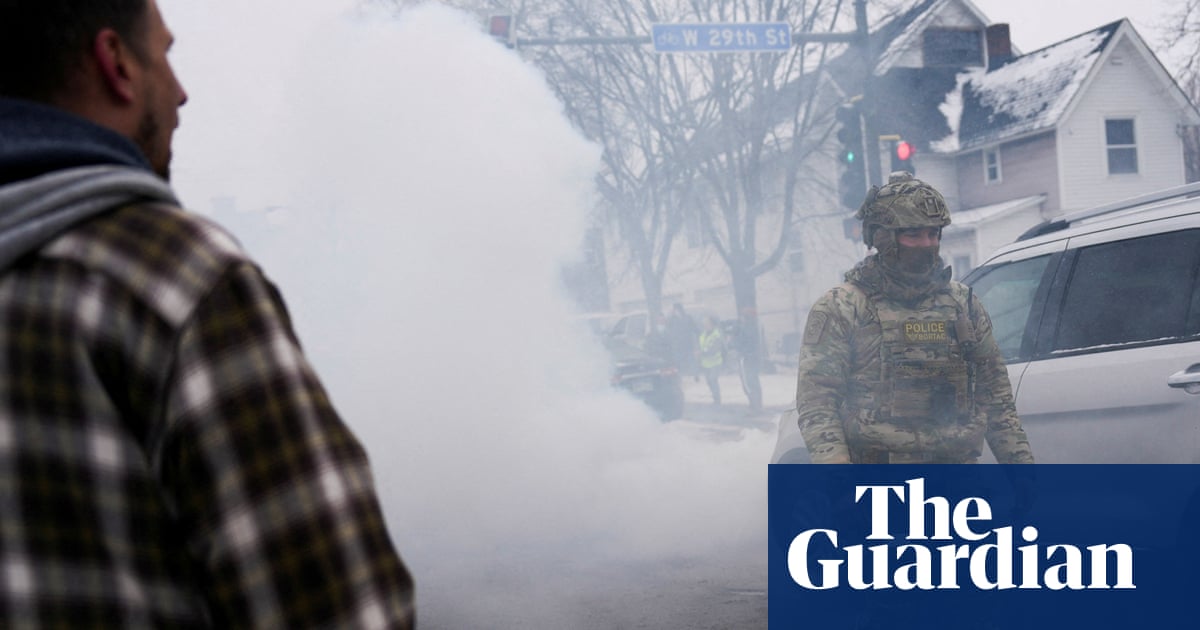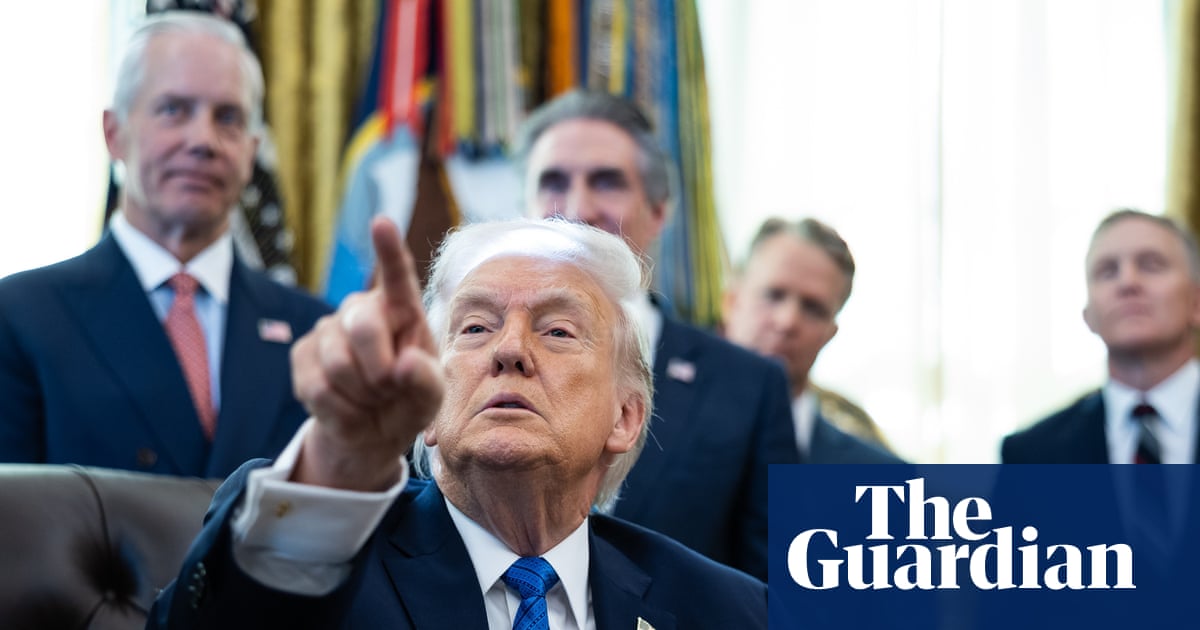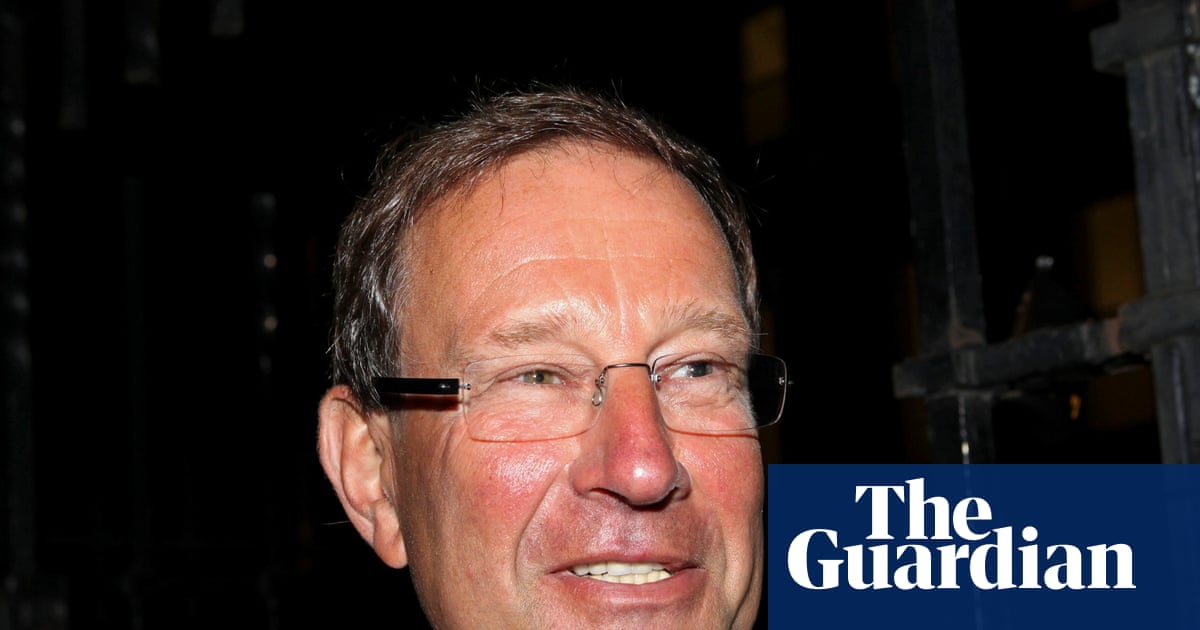As the world waits to see if the Gaza ceasefire holds, the role of Qatar, one of the four guarantors of the agreement, is absolutely central.
Probably more than any other country, the vastly wealthy Gulf state holds influence over what Hamas may choose to do in future. This stems from its complicated twin status as an Israeli-endorsed mediator and a unilateral conduit for aid and cash to Hamas in Gaza. For more than a decade, Qatar has also hosted the political leadership of Hamas in Doha.
By signing the New York declaration on 29 July along with other Arab states, Qatar for the first time agreed to the principle of Hamas ending its rule in Gaza and handing over its weapons to the Palestinian Authority (PA) “in line with the objective of a sovereign and independent Palestinian state”.
It also “condemned the attacks committed by Hamas against civilians on the 7th of October”, in a significant step that brought Qatar’s position closer to those of Saudi Arabia and the United Arab Emirates.
But it is not just in its formal statements that Qatar has started to demand more of Hamas. Editorial management changes were recently introduced at Al Jazeera, the hugely influential Qatari-owned media empire that became “the voice of the resistance” through the Middle East. Al Jazeera’s portrayal of Hamas had become more nuanced. In private discussions, too, Qatar’s leaders applied new levels of pressure on Hamas’s political leadership.

The Gulf state’s negotiators became unequivocal in their view that the remaining hostages in Gaza would be handed over, and that Donald Trump would ensure that the Israeli prime minister, Benjamin Netanyahu, did not resume the war.
It was that undertaking – given personally by Trump’s son-in-law Jared Kushner and the US president’s special envoy Steve Witkoff – that unlocked the talks with Hamas mediated by Qatar in Egypt last week.
One of Trump’s key messages in his address to the Israeli parliament, the Knesset, on Monday was that Israel had achieved as much as it could through force of arms. One reason Netanyahu had to accept that verdict was that the Israeli prime minister had landed himself in the political dog house after his failed attempt to kill Hamas negotiators behind the US’s back in Doha on 9 September. He has still not recovered from the self-inflicted damage.
Trump, as he admitted on Air Force One to reporters this week, does not think he is personally “heaven bound”. He will cheerfully assassinate people he deems to be terrorists, or double-cross a country, such as Iran, if he thinks it is in the US interest.
But he was not prepared to be blindsided by Israel, a country that receives US military aid and gave him no prior notice of the strikes on Qatar, even though Ron Dermer, Netanyahu’s right-hand man, had been in talks with Trump officials days before Israeli F-35s unleashed their bombs. Trump said he felt he had been “fucked over”, as indeed he had.
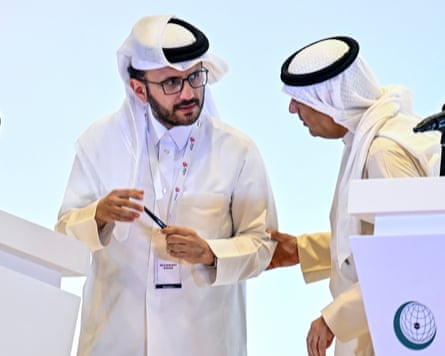
Qatar’s foreign ministry spokesperson starkly spelled out the implications of the Israeli strikes for the wider region in the Taking the Edge Off the Middle East podcast. Majed al-Ansari complained that the region had became hostage to two people – the former Hamas leader Yahya Sinwar and Netanyahu – adding: “One is dead and the other is still raining chaos.”
Ansari said Qatar had been attacked “the day after we handed over a mediation proposal from President Trump to the political office of Hamas, and had asked them to discuss the proposal at a meeting.
“Then that meeting, which was public knowledge, is targeted by F-35s of Israel without consulting the US. What does that say about the state of world affairs today?”
In the immediate aftermath of the attack, a defiant Netanyahu ordered Qatar to stop harbouring terrorists, saying: “You either expel them or you bring them to justice. Because if you don’t, we will.”
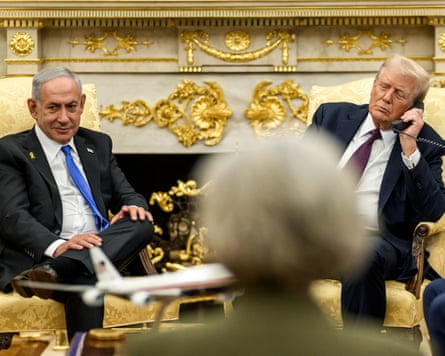
That defiance is now over. Trump ordered Netanyahu into penance mode, most notably forcing him to call the Qatari prime minister, Mohammed bin Abdulrahman Al Thani, from the Oval Office to apologise in words jointly dictated by the US and Qatar.
A senior Qatari official was present to observe Netanyahu stuck to the text. A formal, trilateral mechanism between Israel, Qatar, and the US – “the beginning of dialogue to enhance mutual security, correct misperceptions and avoid future misgivings” was agreed.
Thereafter Trump signed an executive order promising US security protection for Qatar, and the Pentagon agreed to allow Qatari jets to operate at the Mountain Home air force base in Idaho. From Washington’s perspective it would like to see Arab states and Israel cooperate. However, Trump will not threaten US economic relations with the Gulf states in favour of Israel, a country he reminded Knesset members on Monday was a dot on the world map.
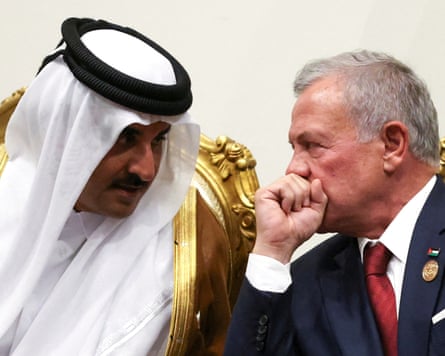
But that does not stop Qatar being sucked into the highly polarised debate inside Washington. Extreme sections of the Republican right such as Laura Loomer or in a different way the Foundation for Defense of Democracies (FDD), a conservative thinktank, remain convinced that Qatar is essentially led by an unreconstructed version of the Muslim Brotherhood, a transnational Sunni Islamist organisation. Loomer fantasises about US-trained Qatari pilots re-enacting 9/11.
The FDD, with a different means of influence in the US Senate, by contrast claims the failed Israeli strike may have forced Qatar to moderate its stance towards Hamas, an analysis that does not take into account Doha’s change of policy that occurred in the summer.
Either way, Qatar faces two immediate challenges. It will be expected to use its experience mediating with Hamas going back as far as the George W Bush administration to persuade the Islamist militant group to disarm. That will require detailed and laborious work, including over the nature of the weapons, the future of the vast tunnel network under Gaza and the body to which Hamas fighters could decommission its weapons. Qatari money may be needed, and senior Hamas figures may be offered exile.
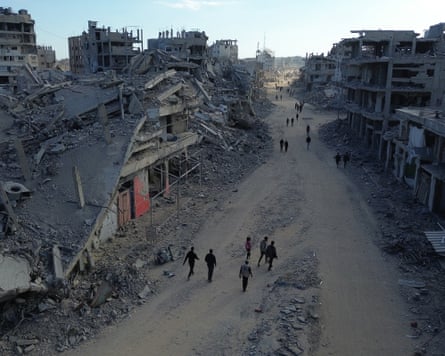
Second, Qatar may switch its attention to the PA, the Fatah-controlled government body’s promises of reforms and the elections for a new leadership in a year. Qatar may also not want to be drawn again into the ad hoc arrangement, encouraged previously by Netanyahu, that resulted in the Gulf state funnelling $4bn (£3bn) of aid into Gaza’s infrastructure and the territory’s poorest families from 2012.
He backed the funding since it weakened the PA, but more recently an official Israel government report claimed some of the money had been siphoned off to prop up Hamas military activities. That is not to mention the scandal of senior figures in Netanyahu’s office taking Qatari money.
Given the monumental devastation in Gaza and global attention on Qatar’s mediation role, Doha will want fewer back channels and more formal multilateral mechanisms as the ceasefire moves beyond the first phase.

 3 months ago
71
3 months ago
71


